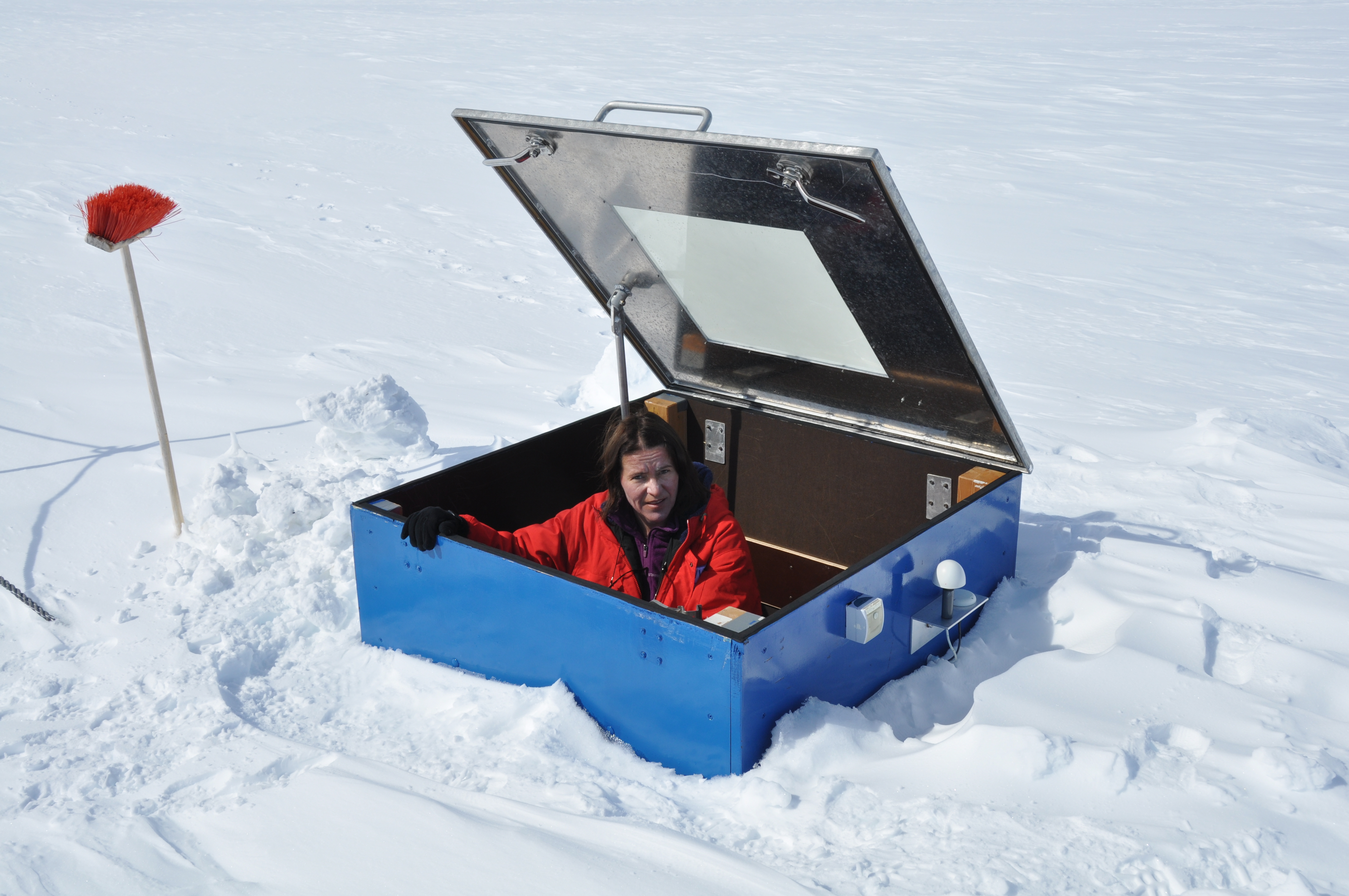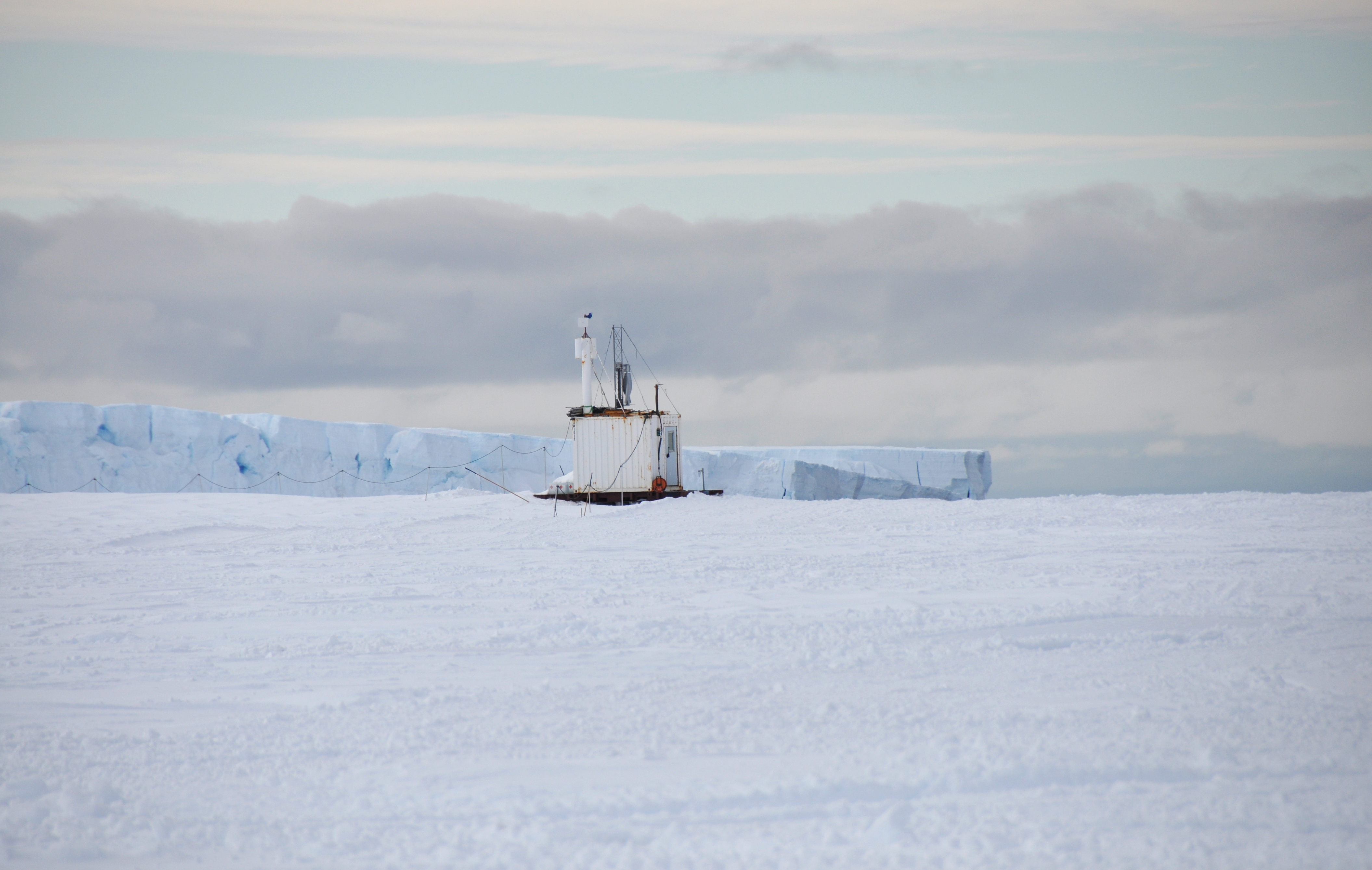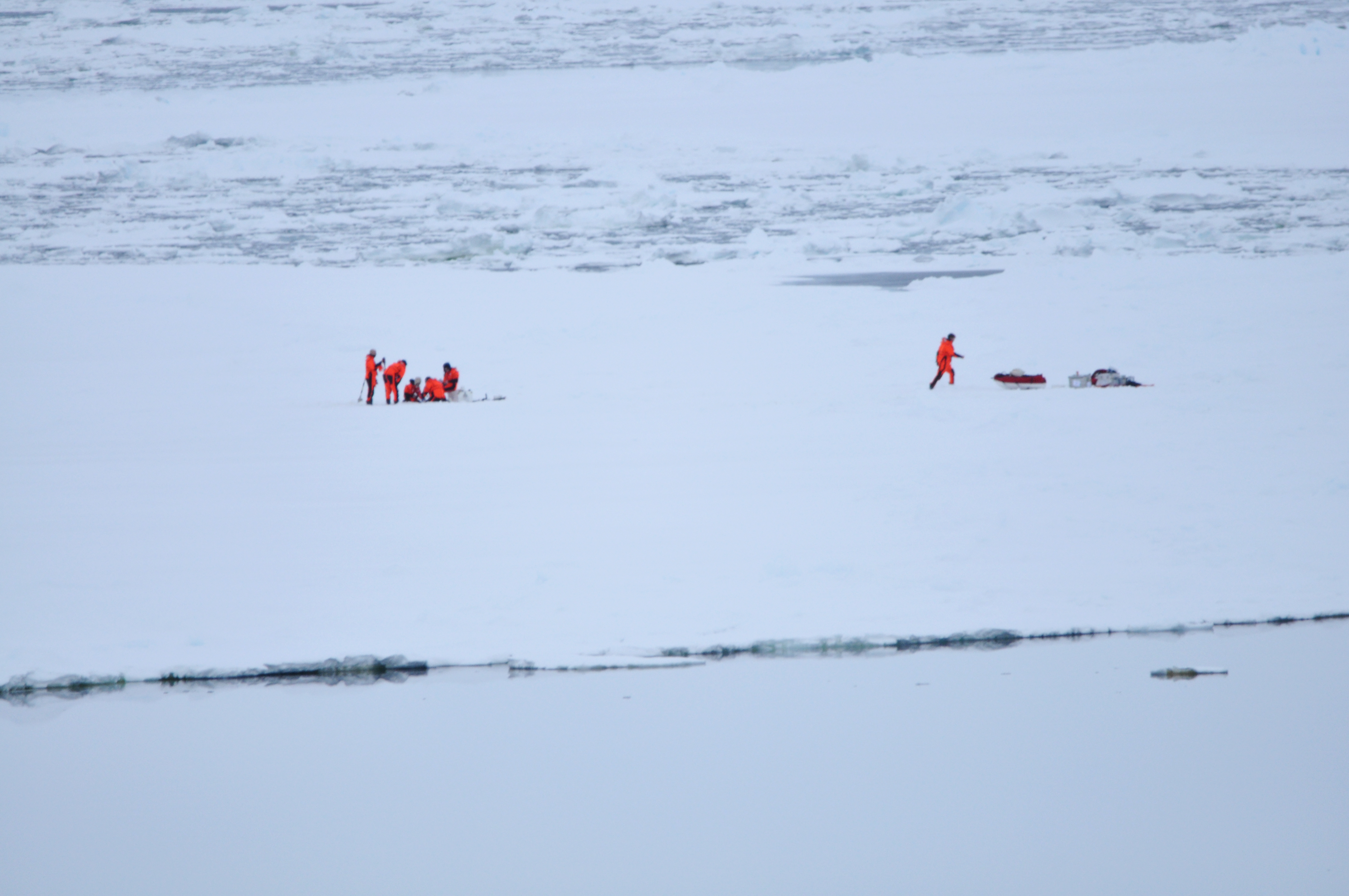The Scientific Committee on Antarctic Research (SCAR) was already established in February 1958. Its task has been and still is to continue the successful cooperation in Antarctic research begun during the International Geophysical Year in 1957/1958. SCAR is an NGO body of the International Council of Scientific Unions (ICSU) and provides scientific advice to the Antarctic Treaty states. SCAR is charged with the development, coordination and promotion of scientific programmes in Antarctica. The Committee's various action groups focus on priority topics which include biology, geodetics, glaciology, meteorology, medicine, the physics of Earth's atmosphere, oceanography and remote sensing.
The Committee meets every two years and assesses current research outcome to issue recommendations to the parties concerning future research in Antarctica. These recommendations only become binding once adopted by the Consultative Parties.
For more information go to the SCAR website.
The list below features the websites of the Consultative Parties' national Antarctic research programmes.

The MagLab, a magn. field laborat., takes measurem. of the earth's magnetic and gravitation fields
Source: M. Müller/UBA

This research observatory records the different sounds beneath the water surface.
Source: M. Müller/UBA




